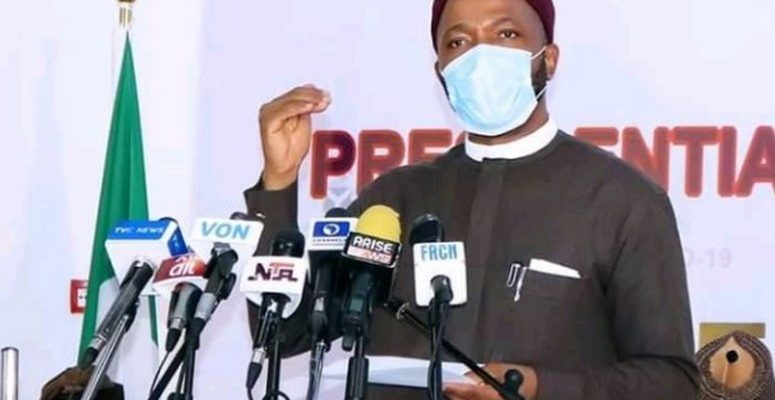COVID-19: Nigerian Students May Write November GCE, Minister Says

Against the background of daily increase in COVID-19 infection, Nigerian students in the final year of secondary school education may write the November General Certificate Education examination (GCE) if the West African Examination Council (WAEC) insists on going on with its plans.
The November examination, often referred to as GCE, is for private candidates, while the test conducted between April and May is for children in school and also organised by WAEC.
The Minister of State, Education, Mr Chukwuemeka Nwajiuba, made the idea known at the 52nd Joint National Briefing of the Presidential Task Force (PTF) in Abuja on Thursday.
Nwajiuba said the situation would prevail if WAEC refused to shift its timetable for the school-based examination which was shifted because of the COVID-19 pandemic.
“Would Nigeria be able to meet up with the WAEC timetable?
“There is already a negotiated timeline to move local language subjects such as Igbo, Yoruba and Hausa, behind to allow all participating countries the needed time to write the general subjects at the same time.
“WAEC, unfortunately, is unable to wholesomely move the examination but we have also worked out a negotiated timeline with WAEC on what we call peculiar Nigerian subjects which in the language of WAEC are subjects that are only held in Nigeria such as Igbo, Hausa and Yoruba.
“The Ghanaians will take examinations peculiar to them. But they are all in the first part of the timetable. So, we will work out a domestication module that will take our peculiar subjects behind after we have done general subjects,” he said.
The minister said that the government would meet stakeholders on July 30 to review guidelines and provisions for successful and safe school reopening in Nigeria.
Commenting on the decision of Oyo State government to cancel the third term of the 2019/2020 school year, the minister said:
“Education is on the concurrent list
“While the states are expected to work together on common front, especially on the COVID-19 crisis, they are at liberty to evolve some measures on their own.”
Nigerian children have been at home since March following the outbreak of the novel coronavirus in the country in February.
The government had earlier mooted the return of children in final year classes returning to write their examinations early in July but changed its position when figures showed the virus infection was peaking in the country.
There has been pressure on the government to reopen schools but the government has been reluctant and cautious because of daily rise in the disease outbreak.
Instead of directing immediate reopening of schools, the government has been insisting on the fulfillment of certain safety measures for children to return to school.
Nigeria currently has 38,948 confirmed cases with 833 deaths.
Support Our Journalism
There are millions of ordinary people affected by conflict in Africa whose stories are missing in the mainstream media. HumAngle is determined to tell those challenging and under-reported stories, hoping that the people impacted by these conflicts will find the safety and security they deserve.
To ensure that we continue to provide public service coverage, we have a small favour to ask you. We want you to be part of our journalistic endeavour by contributing a token to us.
Your donation will further promote a robust, free, and independent media.
Donate HereStay Closer To The Stories That Matter




